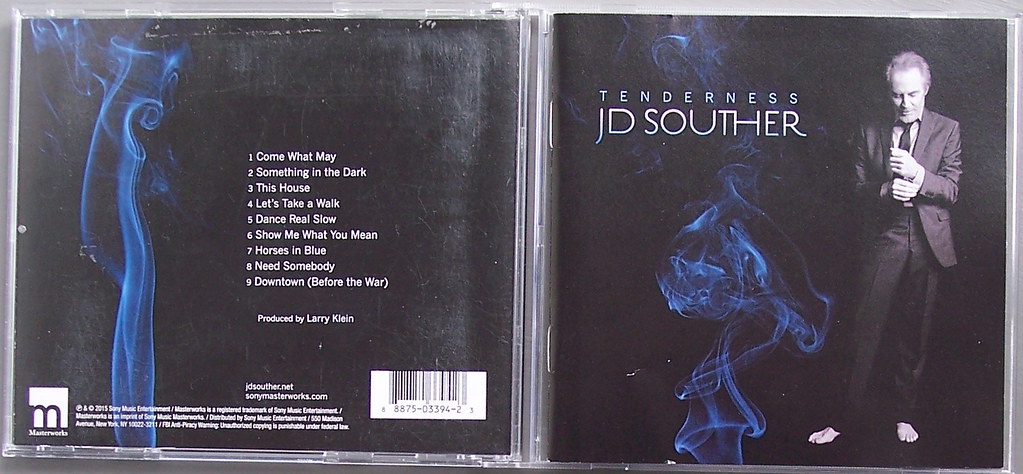The public image of a pop star is often meticulously crafted, a vibrant tapestry woven from talent, charisma, and a carefully curated message. For Melissa Viviane Jefferson, known globally as Lizzo, that tapestry has long depicted an advocate for body positivity, self-love, and empowerment. Her brand resonated deeply with millions, building a formidable presence in the music industry and cultural landscape, earning her Grammy awards and widespread adoration. This carefully constructed persona promised authenticity and an unwavering commitment to celebrating individuality.
However, recent events have cast a starkly different light on this celebrated identity, triggering a wave of intense scrutiny and raising profound questions about the realities behind the facade. A bombshell lawsuit, filed by three of her former dancers, and startling allegations from a documentary director, Sophia Nahli Allison, have converged to paint a disturbing picture of a toxic work environment and alleged abuses of power. These claims directly challenge the very foundation of Lizzo’s public identity, suggesting that the empowering messages she espoused on stage may not have extended to her private interactions with those who worked closest to her.
This in-depth article delves into the specifics of these grave accusations, meticulously drawing from the provided context to illuminate the various facets of the controversy. We will explore the initial legal filings, the harrowing accounts of alleged harassment and discrimination, and the insights offered by a filmmaker who briefly worked on a documentary about the artist. The aim is to present a comprehensive, objective account, allowing the factual information, derived exclusively from the given context, to speak for itself and provide readers with a clear understanding of the claims that have rocked the entertainment world and prompted a critical re-evaluation of celebrity culture.
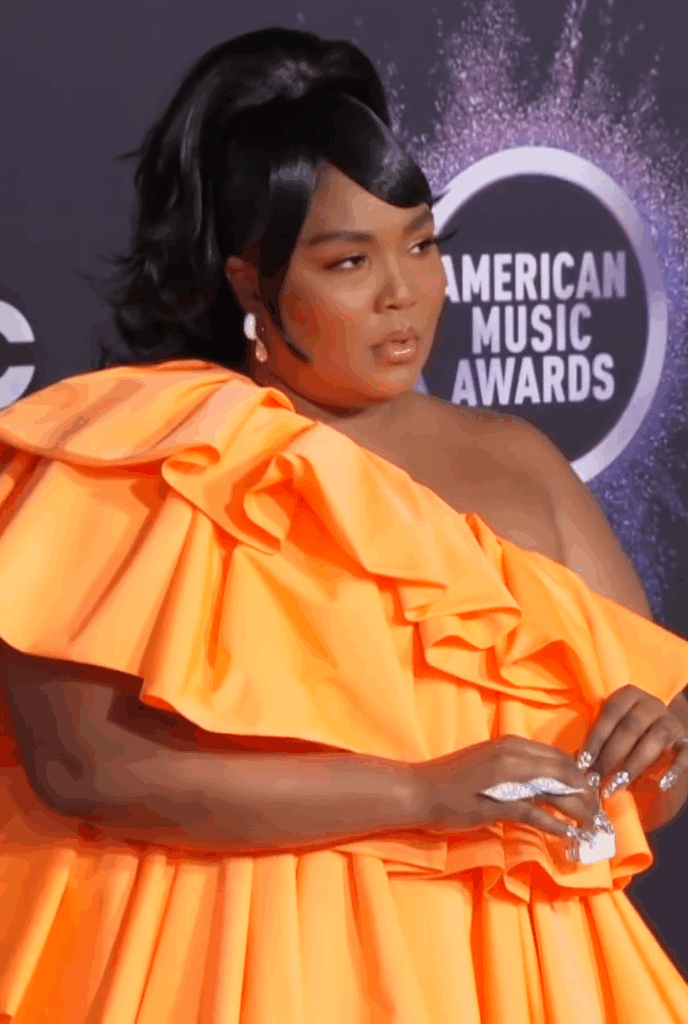
1. The Dancers’ Lawsuit: Initial Filing and Core Allegations
On August 1, a seismic legal action was initiated in Los Angeles County Superior Court, as three former dancers for Lizzo — Arianna Davis, Crystal Williams, and Noelle Rodriguez — brought forth a lawsuit laden with serious accusations. This collective action represented a significant public challenge to the celebrated pop star’s image. The legal complaint explicitly named not only Lizzo, whose real name is Melissa Viviane Jefferson, but also her production company, Big Grrrl Big Touring, Inc. (BGBT), and Shirlene Quigley, the captain of Lizzo’s dance team, indicating a wide scope of alleged institutional culpability.
The allegations presented in the lawsuit are extensive and severe, encompassing a broad spectrum of misconduct that points to a deeply problematic workplace culture. The plaintiffs have alleged claims of ual harassment, religious harassment, and racial harassment, indicating a multi-faceted pattern of discriminatory behavior. These are further compounded by accusations of disability discrimination, assault, and false imprisonment, among a slew of other serious charges. The sheer breadth and gravity of these claims, if substantiated, would represent a profound departure from the values Lizzo has often publicly championed, exposing a stark dichotomy between brand and conduct.
Such allegations are particularly impactful given Lizzo’s powerful platform and consistent public message. Her brand has been largely built on empowerment, body positivity, and acceptance, principles that stand in stark contrast to the claims of harassment and discrimination now being leveled against her and her team. The lawsuit thus suggests a profound dissonance between the public persona she projects and the alleged private conduct within her professional sphere. This situation highlights the immense trust placed in public figures to embody the values they espouse, raising questions about accountability.
Read more about: Unpacking the Commanders Lawsuit: Native Group Fights to Restore Redskins Name, Accuses NCAI of Erasing History
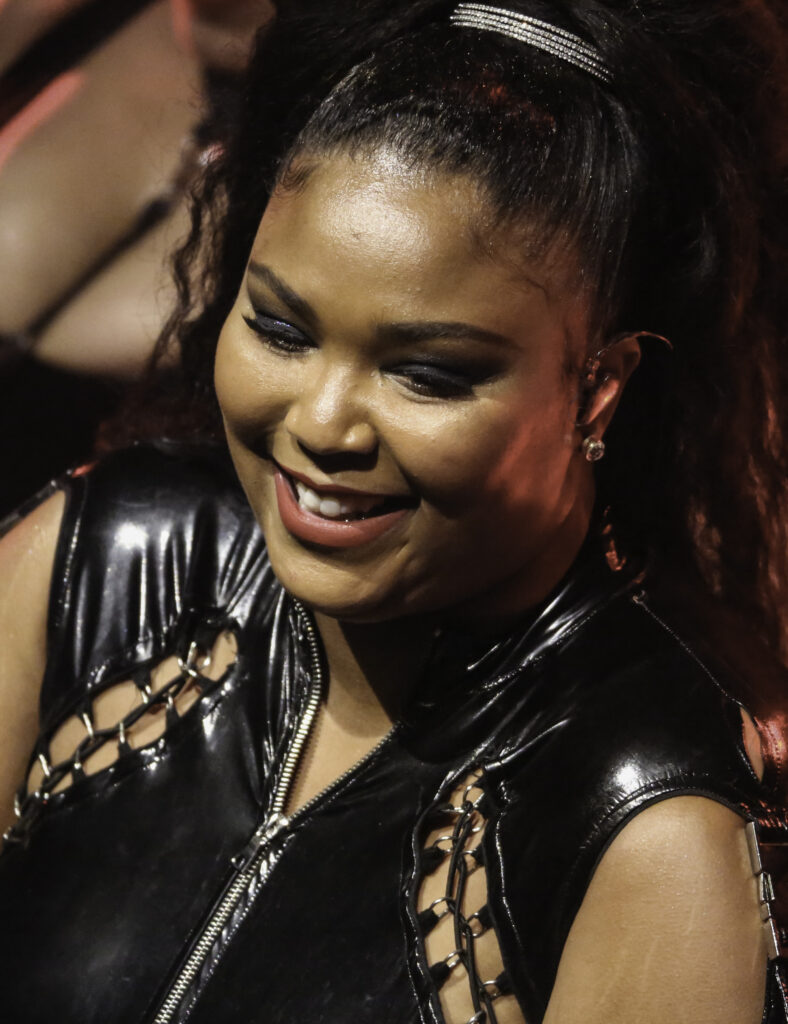
2. Sexual Harassment Claims: The Amsterdam Incident
Among the most scandalous and widely reported allegations detailed in the lawsuit is a specific incident that purportedly occurred in February at an adult entertainment club in Amsterdam. This particular event has garnered significant public attention due to its graphic nature and the alleged coercive element involved. The plaintiffs claimed that Lizzo, while at this club, actively encouraged her dancers to participate in ually explicit behavior with which they explicitly stated they were not comfortable, raising serious questions about consent and boundaries.
According to the suit, the details of the alleged encouragement are explicit: “Lizzo began inviting cast members to take turns touching the performers, catching dildos launched from the performers’ vaginas, and eating bananas protruding from the performers’ vaginas.” This vivid and unsettling description paints a picture of a pop star allegedly pressuring her subordinates into acts that pushed professional and personal boundaries far beyond acceptable comfort zones. Such an incident, if substantiated through the legal process, would unequivocally represent a severe breach of professional conduct and a clear, actionable instance of ual harassment within the workplace context.
The context further highlights the critical aspect of the dancers’ discomfort, explicitly stating that they were encouraged to partake in “lewd behavior with which they were not comfortable.” This element of alleged non-consensual participation, under the implied or explicit authority of their employer, is central to the ual harassment claim, emphasizing the profound power imbalance between a globally recognized pop star and her employees. It profoundly challenges the notion of a respectful, safe, and consensual working environment within the industry.
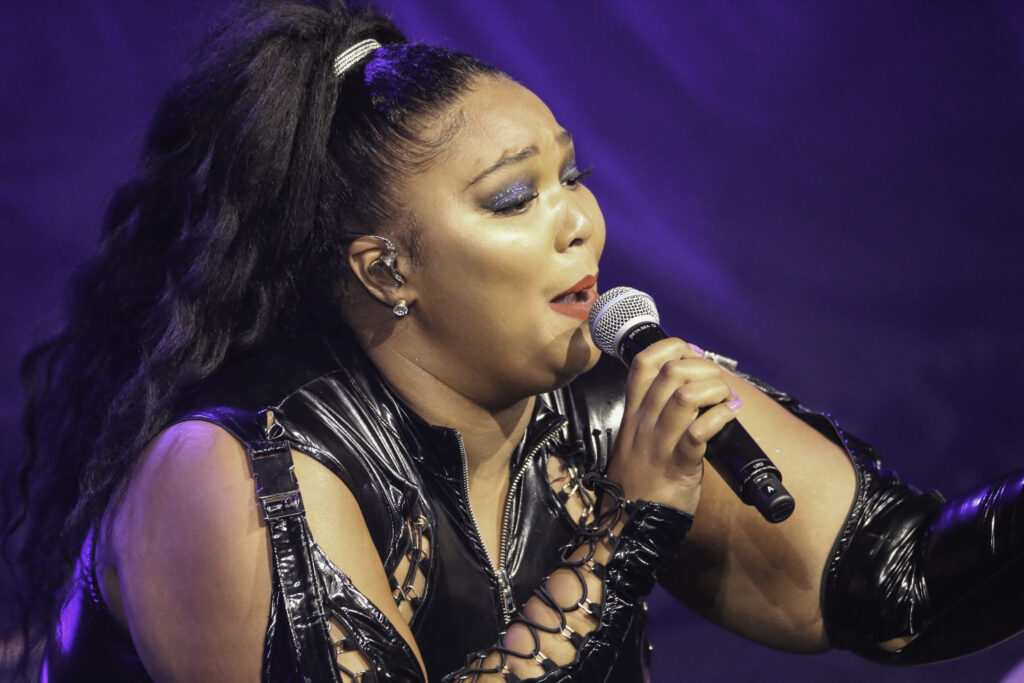
3. Workplace Hostility and Discrimination: Weight-Shaming and Audition Demands
Beyond the allegations of ual harassment, the lawsuit meticulously details instances of what the dancers described as a pervasively hostile work environment and deeply discriminatory practices, particularly concerning body image and exceptionally grueling demands. Arianna Davis, one of the plaintiffs, made specific and concerning claims regarding Lizzo’s alleged weight-shaming, a practice profoundly at odds with the singer’s public advocacy, and her highly demanding professional expectations, which reportedly exacerbated Davis’s pre-existing personal struggles. Davis had previously disclosed a history of mental health issues, including binge-eating, depression, and anxiety, making the alleged treatment particularly egregious.
The “Rumors” singer allegedly weight-shamed Davis, a claim that starkly contrasts with Lizzo’s long-standing public advocacy for body positivity, self-acceptance, and celebrating all shapes and sizes. This specific accusation has been particularly jarring for many, as it suggests a profound hypocrisy between her carefully cultivated public message and her alleged private actions toward her own employees. For an artist celebrated globally for empowering plus-size individuals, such a claim of weight-shaming represents a significant betrayal of her brand’s core tenets and the trust placed in her by her audience.
Another deeply disturbing incident cited in the lawsuit involves a nearly “12-hour re-audition for all dancers with ‘no breaks’.” This excessively grueling and extended session allegedly resulted in Davis “soiling herself out of fear of being fired if she left the rehearsal space.” This harrowing detail vividly underscores the immense pressure, fear of reprisal, and the alleged punitive atmosphere that the dancers purportedly experienced within Lizzo’s organization. Such an extreme demand, leading to such a distressing and humiliating outcome for an employee, paints a stark picture of an exploitative and intensely coercive work environment, devoid of basic human considerations.
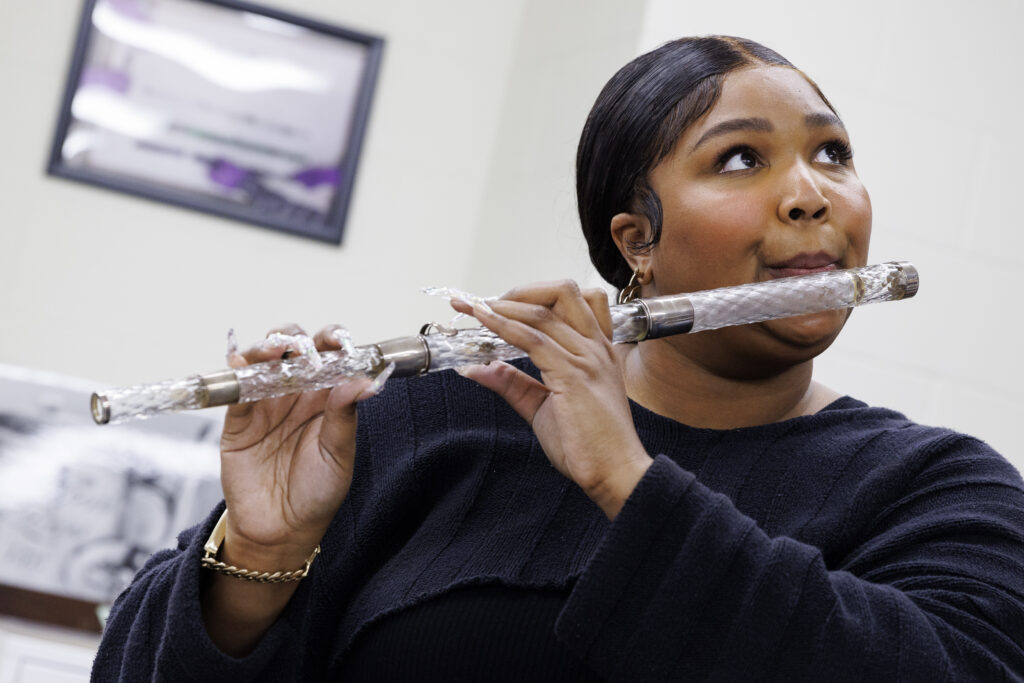
4. Religious and Racial Harassment Allegations
The lawsuit filed by Arianna Davis, Crystal Williams, and Noelle Rodriguez extends its comprehensive scope to include serious accusations of both religious and racial harassment, further deepening the concerns about the overall environment fostered by Lizzo and her team. These specific claims suggest a multi-faceted pattern of discrimination that allegedly impacted the dancers’ professional and personal lives, contributing to a pervasively hostile atmosphere that undermined their well-being and sense of belonging within the company.
Specifically, the legal suit accused Lizzo’s dance captain, Shirlene Quigley, of attempting to impose her Christian beliefs on non-religious members of the dance team. Such actions, if proven true, constitute a clear form of religious harassment, creating an unwelcome, uncomfortable, and potentially alienating atmosphere for those individuals who do not share her specific faith. The workplace, particularly in diverse professional settings, is legally mandated to be free from religious proselytization and undue influence, and these claims indicate a significant failure to uphold that fundamental principle.
Beyond the pressures of religious imposition, the plaintiffs also explicitly alleged racial harassment, adding another severe layer of concern to the charges leveled against Lizzo and her team. While the context provides less specific examples of racial harassment compared to other detailed allegations, its explicit inclusion in the lawsuit signifies a pervasive sense of racial discrimination and discomfort purportedly felt by the Black and brown women working for Lizzo. These types of allegations are particularly sensitive and impactful, given the demographics of the dance team and Lizzo’s own identity.
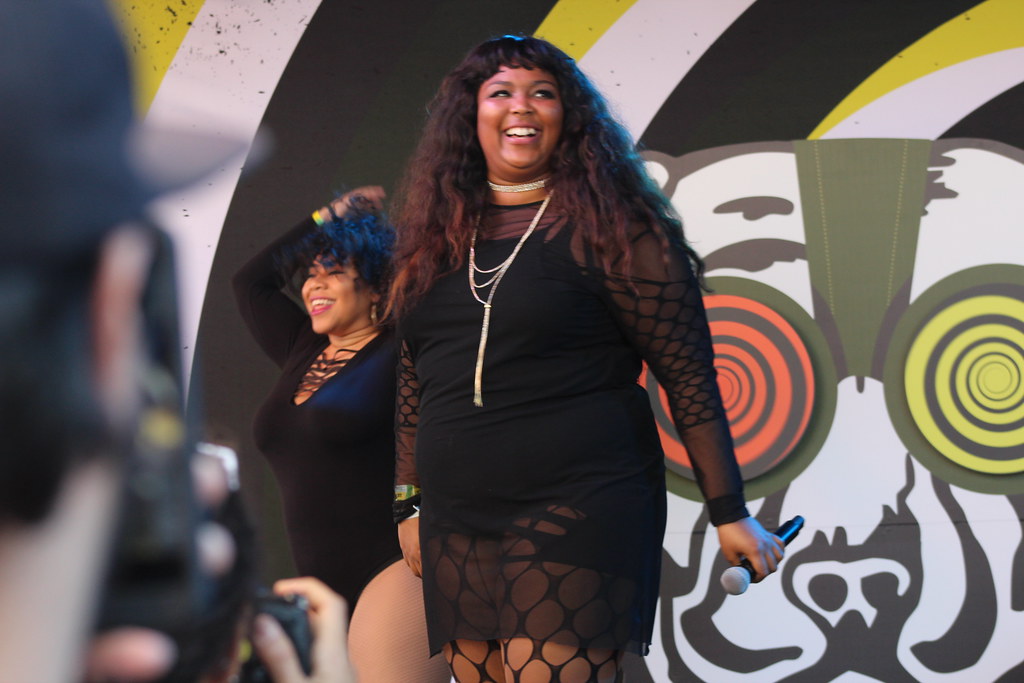
5. Sophia Nahli Allison’s Documentary Claims: A Revelation of Disrespect
Adding another significant and corroborating layer to the burgeoning controversy surrounding Lizzo, acclaimed documentary filmmaker Sophia Nahli Allison came forward with her own compelling account of deeply negative experiences while attempting to work with the pop star. Allison, an Oscar nominee celebrated for her 2019 documentary short “A Love Song for Latasha,” revealed on her social media pages that she abruptly exited her role as the director of a Lizzo documentary in 2019, after a mere two weeks on the project. Her decisive departure was prompted by what she vividly described as profoundly disrespectful and arrogant treatment from the Grammy-winning artist.
Allison’s initial post, strategically shared several hours after the dancers’ lawsuit became public, explicitly articulated her compelling reasons for leaving the high-profile project. She stated with unreserved clarity, “I walked away after about two weeks. I was treated with such disrespect by her. I witnessed how arrogant and unkind she is. I was not protected and was thrown into a ty situation with little support.” This candid and detailed admission immediately brought a new and independent dimension to the emerging narrative, indicating that the alleged problematic behavior was not limited to the dance team but extended to other crucial professional relationships.
The filmmaker further elaborated on the deep distress and psychological impact she experienced during her brief tenure, powerfully stating, “My spirit said to run as fast as you f—king can and I’m so grateful I trusted my gut. I felt gaslit and was deeply hurt but I’ve healed.” The explicit use of the term “gaslit” is particularly significant, as it strongly suggests a manipulative environment where her perceptions of reality and self-worth were deliberately undermined, a commonly reported tactic in abusive power dynamics within professional settings.
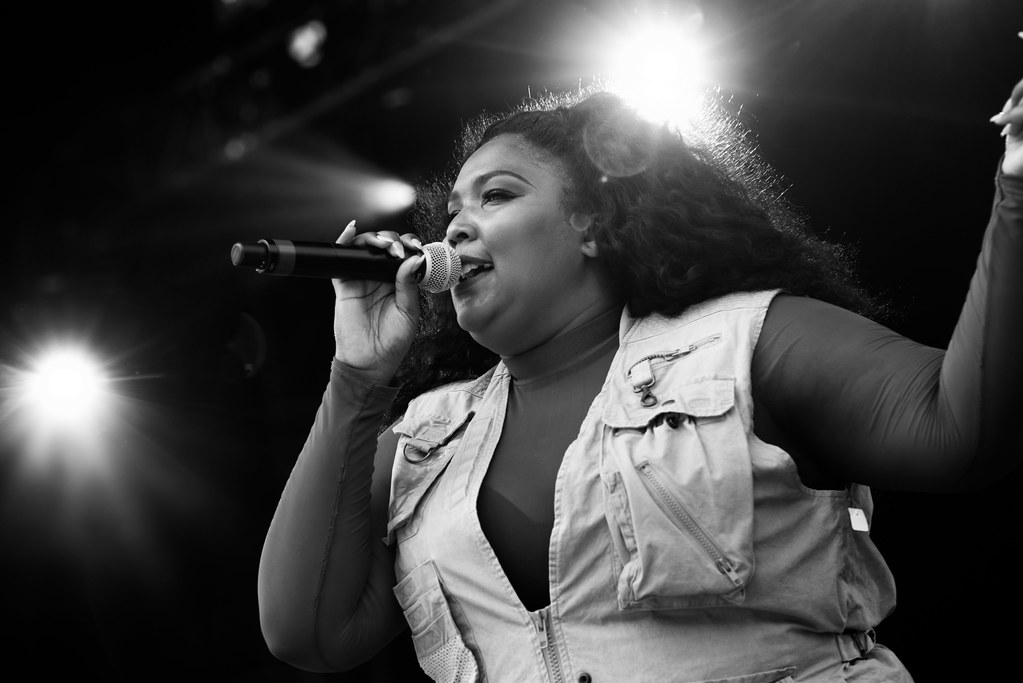
6. “A Narcissistic Bully”: Allison’s Further Accusations and Industry Scrutiny
Sophia Nahli Allison’s engagement with the controversy did not conclude with her initial revelation; she subsequently posted a second Instagram story and further tweets, meticulously elaborating on her claims and significantly intensifying the public scrutiny on Lizzo’s character and the perceived authenticity of her brand. These follow-up statements painted an even more severe and damning picture, directly challenging the integrity and the very foundation of Lizzo’s celebrated public image and her empowering message. Allison’s consistent and detailed narrative added considerable weight and credibility to the rapidly growing body of accusations.
In her subsequent posts, Allison unequivocally asserted that Lizzo “creates an extremely toxic and hostile working environment and undermines the work, labor and authority of other Black and brown women in the process.” This accusation extends far beyond mere personal disrespect; it portrays a systemic issue, alleging that Lizzo actively diminishes and disempowers the contributions, labor, and authority of other women of color within her professional orbit. The director also pointedly noted that her replacement on the documentary project, which eventually became “Love, Lizzo,” was a “cis white man,” implying a further, problematic layer of racial and gender dynamics within the production’s power structure.
Allison took her criticisms a significant step further, explicitly labeling Lizzo a “narcissistic bully” who “has built her brand off lies.” This direct and potent challenge to Lizzo’s fundamental integrity and to the core tenets of her widely celebrated public persona was particularly damaging. The filmmaker clarified her initial enthusiasm for the project, stating with a sense of disillusionment, “I was excited to support and protect a Black woman through the documentary process but quickly learned her image and ‘message’ was a curated facade.” This powerful sentiment reverberated widely, suggesting that Lizzo’s highly celebrated public image was, in essence, a meticulously constructed illusion designed to conceal a far less admirable reality.

7. Corroborating Testimonies and Widespread Solidarity
Beyond the initial lawsuit and the compelling account from Sophia Nahli Allison, the narrative surrounding Lizzo intensified significantly as other former employees and creative collaborators began to publicly voice their support for the plaintiffs, sharing experiences that resonated with the detailed allegations. This outpouring of solidarity suggested that the reported issues within Lizzo’s professional sphere might be more systemic than isolated incidents, lending further credence to the claims brought forward by the dancers.
Prominently, Courtney Hollinquest, another former dancer for Lizzo, took to her Instagram Story to affirm the dancers’ claims. She explicitly stated, in a direct quote, that what the plaintiffs alleged was “very much [her] experience in [her] time there,” further adding, “Big shoutout to the dancers who had the courage to bring this to light.” This public declaration from an individual with direct experience working for the artist underscored a pattern of behavior that reportedly extended beyond the named plaintiffs in the lawsuit, indicating a broader workplace culture concern.
Adding another layer of validation, Quinn Whitney Wilson, who previously served as Lizzo’s creative director, reposted Hollinquest’s statement with her own poignant commentary. Wilson remarked, “I haven’t been apart of that world for around three years, for a reason,” and emotionally added, “I very much applaud the dancers courage to bring this to light. and I grieve parts of my own experience.” Her statement provided a senior-level perspective on the challenging environment, suggesting that issues had been present for an extended period, leading to her departure and a profound personal toll.
Further reinforcing Allison’s claims about her experience on the documentary project, Charlene Sánchez, who worked as Allison’s assistant cinematographer, also corroborated the director’s account. Sánchez stated, “I was part of this documentary with @yagurlsophia! This is all true. I had to vent to so many of my friends about it. It was such a small crew and the experience of working with Lizzo was a nightmare.” This independent affirmation from another crew member underscored the consistent negative experiences reported across different facets of Lizzo’s professional operations, strengthening the collective weight of the accusations.
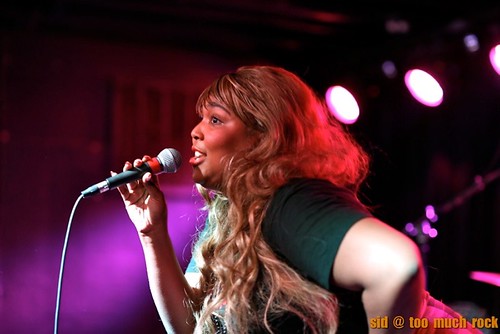
8. The ‘Love, Lizzo’ Documentary: A Compensation Dispute
Separate from the harassment lawsuit but equally revelatory, a significant dispute emerged concerning the use of footage in the 2022 HBO Max documentary “Love, Lizzo,” highlighting issues of consent and compensation for other dancers. This particular controversy brought to light the intricate financial and ethical considerations within the entertainment industry, particularly when personal and intimate moments are captured and subsequently monetized in high-profile productions.
At the core of this dispute was a five-minute sequence in the documentary where a group of dancers candidly discussed the challenges of being female, plus-size Black dance artists, with one dancer emotionally stating, “You have to be three times better than. It’s not two times. It’s three times.” The dancers later complained that this intimate footage, captured in what they believed was a safe space, ended up in the documentary without their explicit knowledge or consent, sparking concerns about exploitation.
The dancers’ manager, Slay Smiles, articulated these frustrations in a January 17 email to Alan Brunswick, an attorney for co-producer Boardwalk Pictures. Smiles highlighted the sensitive and private nature of the dialogue, writing that by sharing this “unauthorized footage to the public without their approval/permissions, has truly exploited these women and violated the emotional safety they had in those moments.” This correspondence underscored the perceived breach of trust and professional ethics by the production companies involved.
A key point of contention was that while the dance artists worked under a union contract for their Video Music Awards (VMAs) performance, they were not presented with any formal contract for the non-union, behind-the-scenes footage that later appeared in the documentary. Brunswick, representing Boardwalk Pictures, countered these claims, asserting that all footage was “captured openly” and with the dancers’ consent, though he acknowledged that the documentary itself “wasn’t even contemplated at that point.” This discrepancy in understanding highlighted a significant communication gap or a fundamental disagreement regarding implied versus explicit consent.
The dispute ultimately led to confidential settlements in February, involving 14 dancers who were not part of the current harassment lawsuit. After one dancer hired an attorney, Boardwalk Pictures, a Lizzo entity, and other parties signed agreements wherein the dancers released their rights to the footage in exchange for compensation ranging from $7,092 to $7,545 each, totaling $109,551. Lizzo’s attorney, Martin Singer, maintained that “Lizzo had nothing to do with it and knew nothing about it,” implying the issue was solely between the production company and the dancers. These agreements also included nondisparagement and confidentiality clauses, restricting public discussion of the settlement terms.
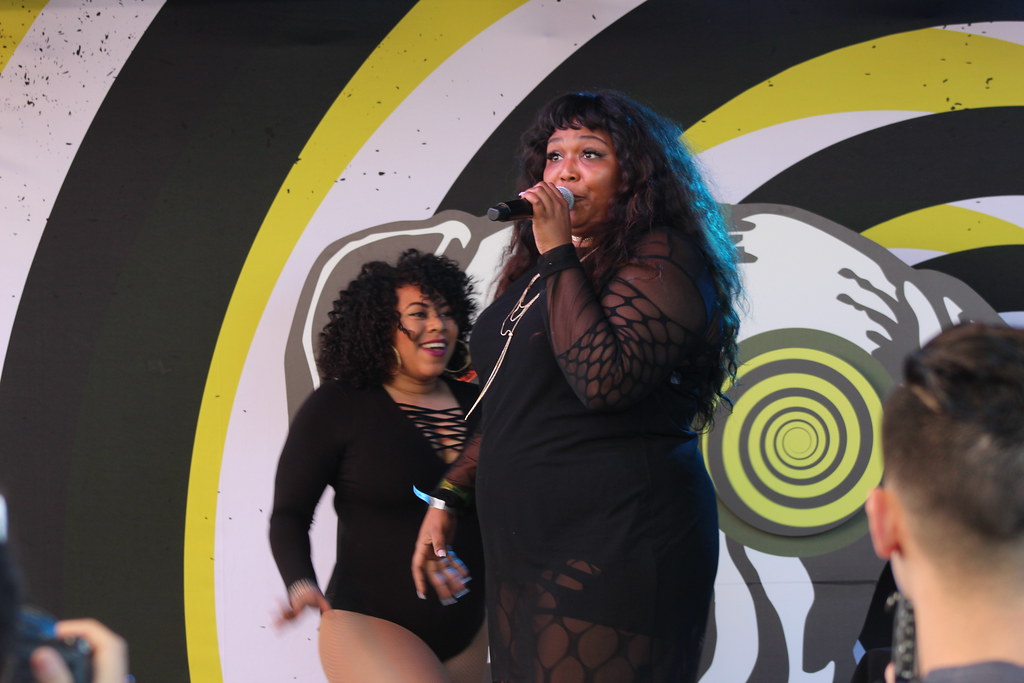
9. Lizzo’s Official Response and Defense Strategy
Amidst the escalating volume of allegations, Lizzo’s legal team has initiated a robust defense, while the artist herself has largely maintained public silence on the specifics of the lawsuit. This strategy typically aims to control the narrative and allow legal processes to unfold, but it has also left a void in direct public communication from the Grammy-winning star, fueling further speculation and discussion among her fanbase and the wider public.
While Lizzo had not yet publicly commented directly on the lawsuit at the time many reports emerged, her stance was clearly conveyed through her legal representatives. She has, through her team, “dismissed the allegations as ‘false’ and ‘outrageous’,” a strong and unequivocal denial of all claims. This general refutation sets the stage for a legal battle where the veracity of each accusation will be vigorously contested in court.
Central to her legal team’s defense, articulated by Lizzo’s attorney, Martin Singer, is the assertion that the accusers lack credibility. Singer pointed out that the plaintiffs allegedly continued to work with the Grammy- and Emmy-award winner even after the incidents they now claim were ually harassing or created a hostile work environment. This argument suggests that their continued employment undermines the severity or indeed the authenticity of their current complaints, framing it as an inconsistency in their narrative.
This particular defense strategy often seeks to challenge the plaintiffs’ motives and consistency, aiming to sow doubt about the sustained impact of the alleged misconduct. However, critics of such approaches often highlight the power dynamics inherent in employer-employee relationships, suggesting that employees might remain in difficult situations due to financial necessity, fear of retaliation, or lack of immediate alternatives, rather than a tacit acceptance of their conditions. The efficacy of this defense will ultimately be determined by the courts.
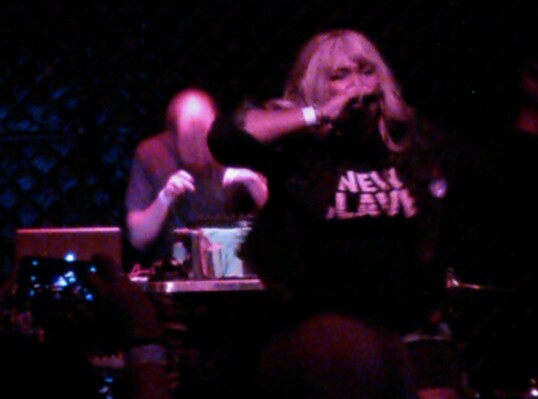
10. Wider Industry Implications: Scrutiny on Abuse of Power
The comprehensive nature of the allegations against Lizzo and her team has transcended the specifics of her individual case, prompting a broader examination of power dynamics and alleged abuses within the entertainment industry. This high-profile legal challenge serves as a potent reminder that the carefully constructed public images of celebrities can often mask more complex, and at times, troubling realities behind the scenes.
Sophia Nahli Allison’s commentary particularly resonated with this wider concern, as she explicitly stated that “This kind of abuse of power happens far too often.” Her observation points to a systemic issue, suggesting that Lizzo’s alleged conduct is not an isolated anomaly but rather indicative of pervasive problems within the industry where powerful figures can exert undue influence over their subordinates.
The entertainment world has a documented history of such revelations, where lawsuits and public disclosures have unveiled stark contrasts between celebrity personas and their private conduct. From claims of racial discrimination against figures like Paula Deen to allegations of misogynistic rants by Mel Gibson, and even admissions of drug abuse during the trial of Nigella Lawson, these cases underscore how legal proceedings can rip away facades, revealing the true character and ethical shortcomings of public figures.
Lizzo’s situation, therefore, contributes to an ongoing conversation about accountability, transparency, and the protection of employees in high-pressure, image-driven environments. It forces industry stakeholders, from production companies to talent agencies, to confront the mechanisms that enable such alleged abuses and to reconsider how they can better safeguard the well-being and rights of artists and staff, particularly those from marginalized communities who may be more vulnerable to exploitation.
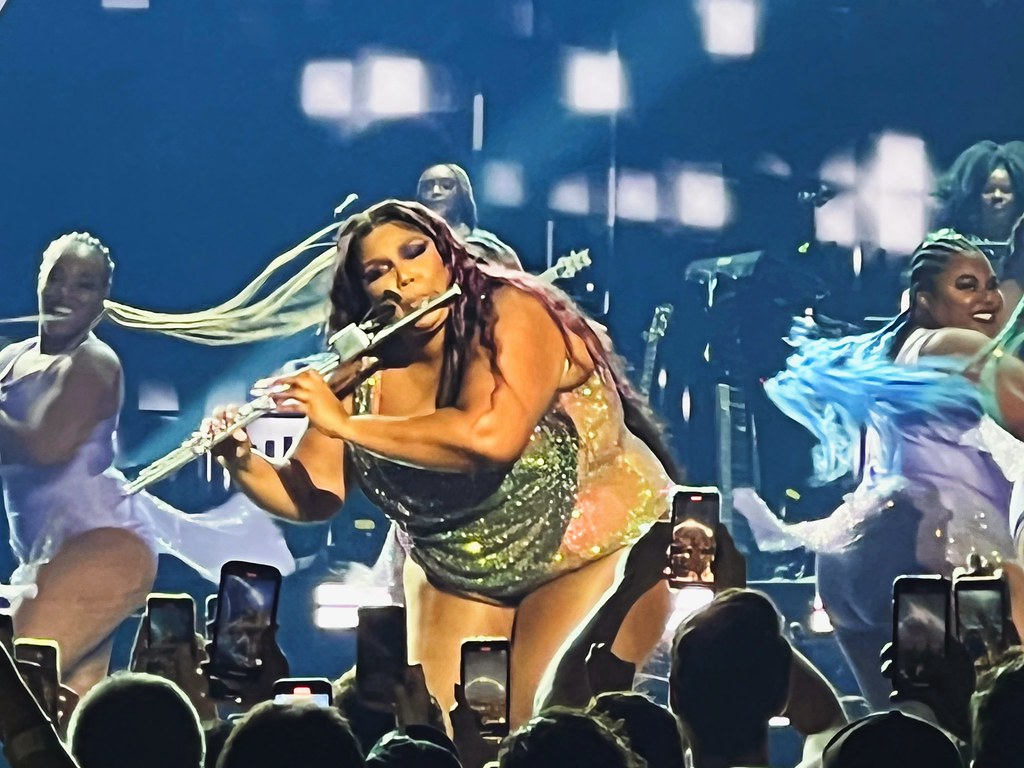
11. Immediate Cultural Fallout and Public Image Repercussions
The fallout from the lawsuit and the corroborating testimonies has been swift and culturally significant, immediately impacting Lizzo’s meticulously crafted public image and generating an uproar across social media platforms. For an artist whose brand was deeply intertwined with messages of body positivity, self-love, and empowerment, these allegations represent a profound challenge to her credibility and the authenticity of her message.
Social media platforms became a crucible of debate and condemnation, reflecting a widespread sense of disillusionment among fans and the public. The volume and intensity of reactions underscore the public’s heightened expectations for celebrities to not only preach positive values but to embody them consistently, both on and off stage. This rapid public judgment highlights the fragility of celebrity reputations in the digital age.
Perhaps one of the most symbolically potent gestures of the immediate cultural fallout occurred during Beyoncé’s “Renaissance World Tour.” In a move that garnered significant attention, Beyoncé notably omitted Lizzo’s name from her “Break My Soul (The Queens Remix)” during a tour stop in Massachusetts. This exclusion, widely interpreted as a direct response to the escalating controversy, sent a powerful message of disassociation from one of music’s most influential figures, underscoring the severity of the allegations and their impact on Lizzo’s standing within the industry.
Lizzo’s brand, built on a foundation of empowerment and acceptance, now faces an existential threat. The allegations directly contradict the very principles she espouses, leading to questions about the sincerity of her advocacy. This dichotomy forces a critical re-evaluation by her audience and industry partners, potentially leading to a long-term erosion of trust and commercial appeal, demonstrating how quickly a carefully curated persona can unravel under the weight of serious misconduct claims.
Read more about: Jaw-Dropping Endorsement Deals That Absolutely Tanked Celebrity Careers (And Crushed Brands)
Ultimately, the ongoing legal battles and the societal reactions they provoke serve as a stark reminder of the responsibilities that come with celebrity and influence. They reinforce the idea that public figures, no matter how beloved, are not exempt from scrutiny regarding their conduct toward their employees and collaborators. This saga is not merely a celebrity scandal but a significant moment in the ongoing dialogue about workplace ethics, power dynamics, and accountability within the glamorous, yet often opaque, world of entertainment. The industry and its audience are now left to grapple with the implications, demanding a higher standard of integrity from those they elevate to positions of adoration.


